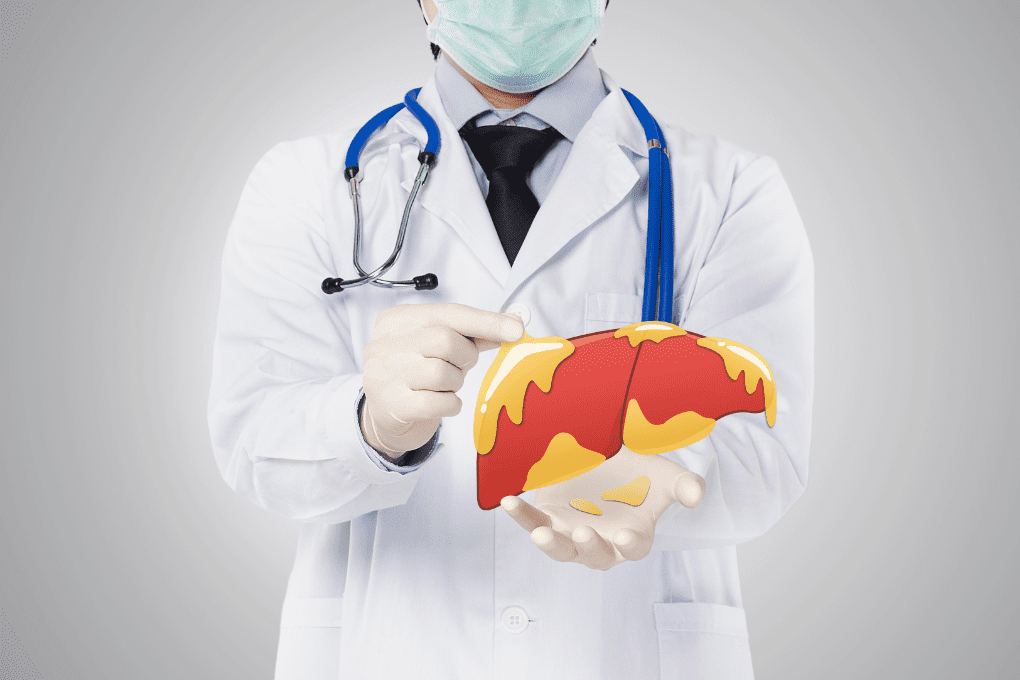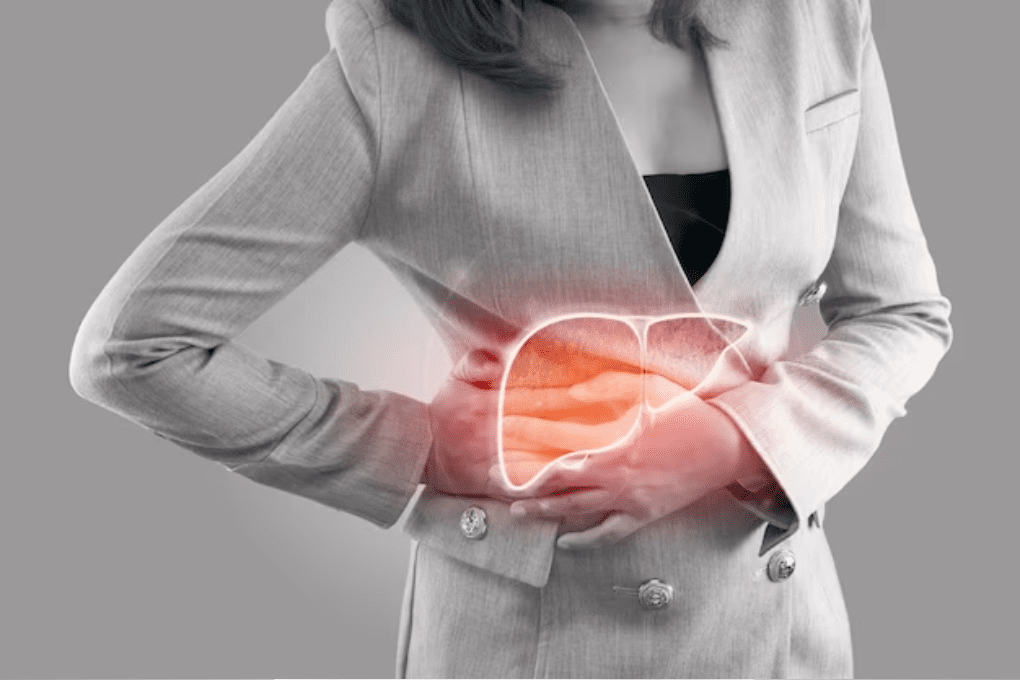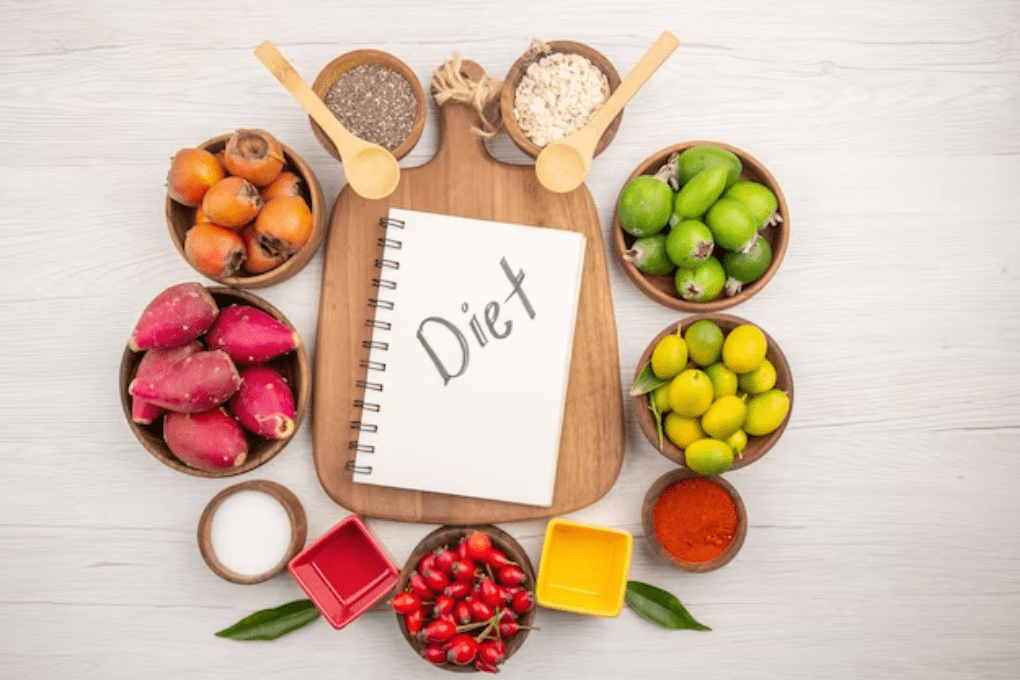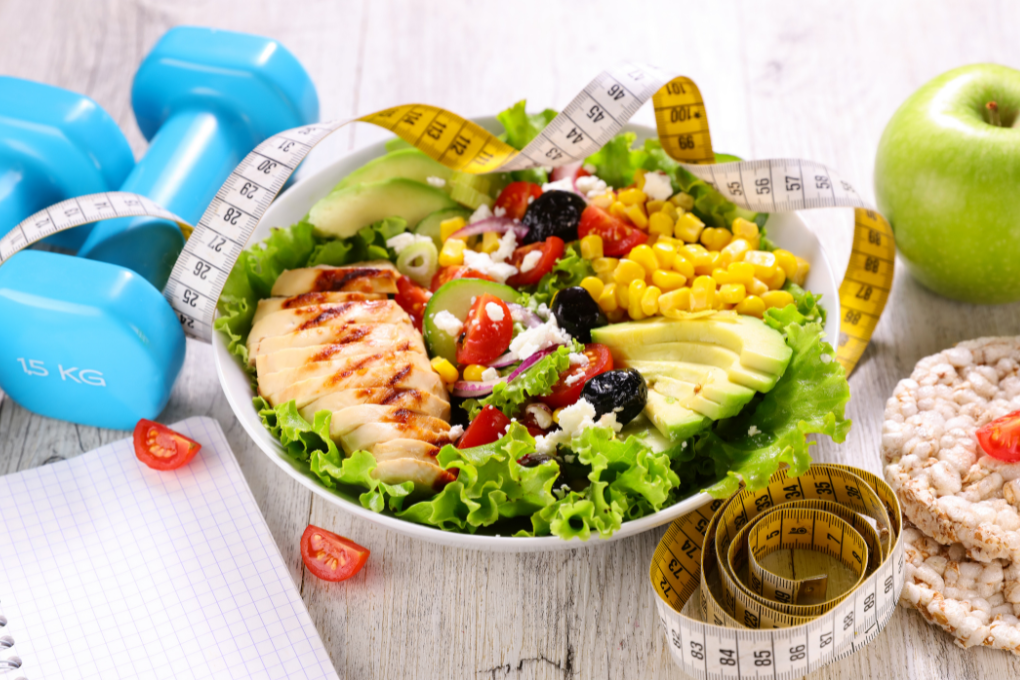The Ultimate Guide to Creating an Effective Fatty Liver Diet Plan
Welcome to the ultimate guide to creating an effective fatty liver diet plan! If you or someone you know has been diagnosed with fatty liver disease, then you’re in the right place. This comprehensive guide will provide you with all the information you need to understand fatty liver disease and how a healthy diet can play a crucial role in managing this condition.
Fatty liver disease, also known as hepatic stenosis, is a condition characterized by the accumulation of fat in the liver cells. It is often associated with poor dietary choices, a sedentary lifestyle, obesity, and excessive alcohol consumption. The good news is that making positive changes to your diet can significantly improve your liver health and even reverse the effects of fatty liver disease.

In this guide, we’ll dive into the importance of adopting a healthy diet for managing fatty liver disease. We’ll explore key components of an effective fatty liver diet plan and provide practical tips on what foods to include and avoid in your daily meals. Additionally, we’ll share sample meal plans that are both nutritious and delicious!
But it doesn’t stop there! We understand that changing eating habits can be challenging. That’s why we’ve included advice on other lifestyle changes to support your dietary efforts. Plus, we’ll give you some handy tips for sticking to your new plan so that achieving optimal liver health becomes second nature.
So if you’re ready to take control of your health and embark on a journey towards better well-being, let’s get started with our ultimate guide to creating an effective fatty liver diet plan!
Understanding Fatty Liver Disease
Fatty liver disease is a condition that occurs when there is an excessive buildup of fat in the liver cells. This excess fat can interfere with the liver’s normal functioning and lead to inflammation, scarring, and even irreversible damage if left untreated.
There are two main types of fatty liver disease: alcoholic fatty liver disease (AFLD) and non-alcoholic fatty liver disease (NAFLD). While NAFLD is more frequently linked to obesity, insulin resistance, diabetes, and high cholesterol levels, AFLD is a result of excessive alcohol consumption.

The early stages of fatty liver disease may not cause any noticeable symptoms. However, as the condition progresses, individuals may experience fatigue, abdominal discomfort or pain, jaundice (yellowing of the skin and eyes), and unexplained weight loss or gain.
To diagnose fatty liver disease accurately, your healthcare provider may conduct various tests, such as blood tests to assess liver function and imaging studies like ultrasound or MRI scans, to evaluate the extent of fat accumulation in the liver.
It’s important to remember that having some amount of fat in your liver isn’t unusual. However, when it exceeds 5–10% of your organ’s total weight, it becomes a concern. If left untreated or ignored for too long, fatty liver disease can progress into more severe conditions such as cirrhosis, which involves permanent scarring, or even hepatocellular carcinoma (HCC), a formalized cancer.
The Importance of a Healthy Diet for Fatty Liver
Maintaining a healthy diet is crucial when it comes to managing fatty liver disease. A well-balanced and nutritious eating plan can play a significant role in improving the condition of your liver and overall health.
A healthy diet helps reduce inflammation in the liver, which is essential for preventing further damage. By avoiding foods high in saturated fats, trans fats, and added sugars, you can minimize stress on your liver and promote healing.

In addition to reducing inflammation, a healthy diet also aids in weight management. Obesity, or excessive weight gain, is often associated with fatty liver disease. By consuming nutrient-dense foods such as fruits, vegetables, whole grains, lean proteins, and healthy fats like avocados or nuts, you can support weight loss efforts while nourishing your body.
Additionally, including antioxidants in your diet can help you avoid the oxidative stress that fatty liver disease causes. Antioxidant-rich foods like berries, leafy greens (such as spinach or kale), green tea, and turmeric help combat free radicals that contribute to cell damage.
It’s important to note that adopting a healthy diet alone may not completely reverse fatty liver disease; however, it significantly improves its progression. Incorporating regular exercise and other lifestyle changes are also key factors in managing the condition effectively.
Remember that each individual’s nutritional needs may vary based on their specific situation. It’s always wise to consult a healthcare professional or registered dietician who specializes in hepatology before making any drastic changes to your dietary habits.
Key Components of an Effective Fatty Liver Diet Plan
When it comes to managing fatty liver disease, a well-designed diet plan plays a crucial role in promoting liver health and reducing inflammation. A key component of an effective fatty liver diet plan is incorporating nutrient-rich foods that support overall liver function.
First and foremost, your diet should be centered around whole foods, such as fruits, vegetables, lean proteins, and whole grains. These provide essential vitamins, minerals, antioxidants, and fiber that can help reduce fat buildup in the liver.

Additionally, it’s important to include foods rich in omega-3 fatty acids, like salmon or flaxseeds. Omega-3s have been shown to have anti-inflammatory properties and may help improve liver enzyme levels.
Another vital component is limiting the intake of refined sugars and carbohydrates. These can contribute to weight gain and increase fat accumulation in the liver. Instead, opt for natural sweeteners like honey or stevia when needed.
Furthermore, maintaining a moderate protein intake is essential for supporting healthy liver function. Include sources like poultry, fish, tofu, or legumes while avoiding processed meats high in saturated fats.
Don’t forget about hydration! Drinking enough water helps flush out toxins from the body effectively while keeping you properly hydrated throughout the day.
Lastly, but equally significant, is portion control. Overeating leads to excess calorie consumption, which contributes to weight gain, a risk factor for fatty livers. Be mindful of serving sizes so you can maintain a healthy weight range!
By following these key components within your personalized fatty liver diet plan, along with regular exercise under medical supervision if necessary, you’ll take positive steps towards improving your condition overall!
Foods to Include in Your Diet Plan
When it comes to creating an effective fatty liver diet plan, the foods you include are crucial for supporting your liver health and promoting healing. Incorporating nutrient-rich options can help reduce inflammation, improve liver function, and aid in weight management.
One essential component of a fatty liver diet is fruit and vegetables. These powerhouses of vitamins, minerals, and antioxidants provide the necessary nutrients to support liver health. Opt for various colorful fruits such as berries, citrus fruits like oranges and lemons, and leafy green vegetables like spinach or kale.

Whole grains are another important addition to your diet plan. They offer fiber that aids digestion, helps regulate blood sugar levels, and promotes satiety. Choose whole grain options such as brown rice, quinoa, oats, or whole wheat bread instead of refined grains.
Incorporating healthy fats into your diet can also be beneficial for managing fatty liver disease. Foods rich in omega-3 fatty acids, like salmon or walnuts, can help reduce inflammation in the body. Avocados are another excellent source of healthy fats that also provide essential nutrients.
Protein plays a vital role in maintaining optimal liver function as well. Opt for lean protein sources like skinless poultry breast or fish. Plant-based proteins like legumes (beans), tofu, or tempeh can also be included in your diet plan.
Last, but not least, ‘naturally’ sweetened beverages such as herbal teas with lemon slices or infused water with cucumber can replace sugary drinks, which should be avoided due to their high fructose content, which may worsen fatty liver disease symptoms.
Foods to Avoid in Your Diet Plan
When it comes to managing fatty liver disease, what you leave off your plate is just as important as what you put on it. By avoiding certain foods, you can help reduce the strain on your liver and promote healing.
First and foremost, steer clear of high-fat foods. This includes fried foods, processed meats like sausages and bacon, full-fat dairy products, and fatty cuts of meat. These items are loaded with unhealthy fats that can contribute to inflammation in the liver.
Next, cut back on sugar and sugary drinks. Excess sugar consumption has been linked to fatty liver disease progression. Be mindful of hidden sugars in packaged snacks, condiments, and even seemingly healthy beverages like fruit juices.
Limit your intake of refined carbohydrates such as white bread, pasta, and pastries. These refined carbs can spike blood sugar levels and contribute to insulin resistance, both factors that play a role in fatty liver development.
Alcohol should be strictly avoided if you have fatty liver disease. Alcohol is known to wreak havoc on the liver by causing inflammation and scarring.
By eliminating these harmful foods from your diet plan for fatty liver disease management purposes, you are only benefiting yourself!
Other Lifestyle Changes to Support a Fatty Liver Diet
In addition to following a healthy diet, several lifestyle changes can greatly support your efforts to manage fatty liver disease. These changes may seem small, but they can have a significant impact on improving your overall liver health.
Regular exercise is essential for maintaining a healthy weight and reducing the risk of fatty liver disease progression. Aim for at least 30 minutes of moderate-intensity exercise most days of the week. This could include activities such as brisk walking, swimming, or cycling.
Another important lifestyle change is avoiding alcohol consumption or minimizing it significantly. Alcohol has been known to contribute to liver damage and worsen the symptoms of fatty liver disease. It’s best to eliminate it from your life completely if you want to see improvements in your condition.
Stress management is also crucial when dealing with fatty liver disease. Chronic stress can increase inflammation in the body, which can further harm your liver health. Find relaxation techniques that work for you, such as meditation or yoga, and incorporate them into your daily routine.
Getting enough quality sleep is often overlooked, but it plays a vital role in supporting overall health and healing processes within the body. Aim for seven to eight hours of uninterrupted sleep each night, and establish a consistent bedtime routine to improve sleep quality.
Consider quitting smoking if you are a smoker. Smoking increases the risk of various diseases and puts additional strain on an already compromised liver.
By making these necessary lifestyle changes and adopting an effective fatty liver diet plan, you’ll be taking proactive steps to improve your hepatic health and overall well-being!
Tips for Sticking to Your Diet Plan
1. Set realistic goals: It’s important to set achievable goals when following a fatty liver diet plan. Start with small, manageable changes and gradually work your way up.
2. Meal prep is key: Prepare your meals in advance to avoid making unhealthy choices when you’re pressed for time or feeling tired. Having healthy options readily available will make it easier to stick to your plan.
3. Find healthy alternatives: Cravings are inevitable, but there are often healthier alternatives that can satisfy them without sabotaging your progress. For example, if you’re craving something sweet, reach for a piece of fruit instead of sugary snacks.
4. Stay hydrated: Drinking plenty of water throughout the day helps flush out toxins and keeps you feeling fuller and less likely to snack on unhealthy foods.
5. Get support: Surround yourself with people who understand and support your goals. Joining a support group or finding an accountability partner can encourage during challenging times.
6. Practice mindful eating: Be present while eating by savoring each bite and paying attention to hunger cues. This helps prevent overeating and promotes healthier food choices.
7. Reward yourself (but not with food!): Celebrate milestones along the way with non-food rewards, such as treating yourself to a massage or buying new workout gear.
Remember that consistency is key when sticking to any diet plan, including one designed for fatty liver disease management!
Tracking Progress and Adjusting the Diet Plan
Once you have started your fatty liver diet plan, it is important to track your progress and make adjustments as needed. Regular monitoring can help you understand how well the diet is working for you and whether any changes need to be made.
One way to track your progress is by keeping a food diary. Write down everything you eat and drink each day, along with any symptoms or changes in energy levels that you experience. This will give you a clear picture of what may be affecting your liver health.

In addition to tracking your food intake, regular check-ups with your healthcare provider are essential. They can monitor your liver function through blood tests and provide guidance on adjusting your diet if necessary.
Remember, every person’s body is unique, so it may take some time and experimentation to find the perfect balance for optimal liver health. Be patient with yourself as you navigate this journey towards improving your fatty liver condition.
Creating an effective fatty liver diet plan requires understanding the disease, making healthy choices, including key components in our meals, and avoiding certain foods that could worsen our condition. By following sample meal plans tailored specifically for fatty liver patients and incorporating lifestyle changes such as exercising regularly, managing stress levels, and getting enough sleep, we can support our body’s natural healing process.
Remember that consistency is key when implementing any dietary changes—stick to the plan even when faced with challenges or setbacks! And don’t forget to track progress along the way so that adjustments can be made if needed. With dedication and perseverance, we can improve our overall health while positively impacting our fatty liver disease!
For additional insights into maintaining an active lifestyle, check out the “Sports Blog: How to Play the Game Well.” This informative resource provides valuable tips and strategies for optimizing physical performance



